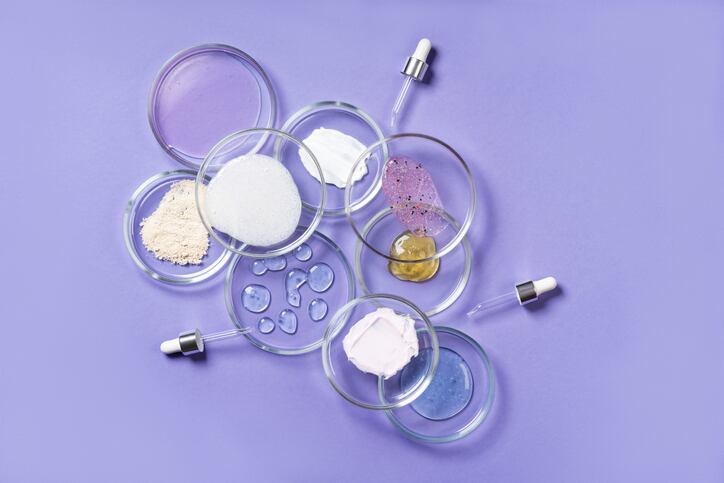The third annual instalment of the British Beauty Council’s gala week of face-to-face and digital events will throw light on issues like circular beauty, beauty product formulation, advances to social media influence, plastics use, edible beauty and more.
More broadly, British Beauty Week aimed to, “raise awareness of the industry, galvanise the business and creators across the sector and celebrate the power of beauty,” British Beauty Council CEO Millie Kendall O.B.E told CosmeticsDesign-Europe.
“The industry has historically faced a lot of bias,” Kendall said. "We have been thought of as the industry that’s mainly about fluffy stuff girls like. Not taken seriously, economically and socially. Our impact on communities and our innovation and forward thinking business leaders have not been a focus for brand Great Britain. A lot of focus is on music , fashion and film, which rightfully deserve global acknowledgment, but our industry has led the way in so many ways from Yardley, to Body Shop, Vidal Sassoon, John Frieda, Charlotte Tilbury, Pat McGrath."
“...But we have surpassed the first hurdle of being recognised as an economic superpower. Now we need to remind the public why they were so desperate to get a haircut after COVID or have their roots done or wear a lipstick again once we took the face masks off," she said.
Solid foundations: A big-up to beauty
The week, running from September 5-11, 2022, will feature, “workshops, giveaways, offers and talks” that include a Plastic Solutions Summit and a programme to recruit beauty ambassadors into schools.
“Many people have in the past underestimated the power of beauty,” Kendall said in a statement. “But if the pandemic has taught us anything, it is that our industry is at the heart of every community. It brings people together, it boosts confidence and wellbeing, and it provides an enormous contribution to the UK’s GDP. This is all something to celebrate.”
The British beauty sector was worth £28.4 billion (€33.7bn) and contributed 1.3% to GDP in 2018, according to the British Beauty Council – equivalent to the economic output of a city like Manchester or Glasgow.
British Beauty Week will feature an Innovation Hub focused on ramping up investment, which Kendall emphasised was part of a broader and longer term effort to drive investment toward British beauty players up and down the supply chain. “It’s moving in the right direction but it’s not a short term project, as is with many of the initiatives we undertake.”
Applications open until August 15
She said the British Beauty Council had received “an overwhelming number of applications” to take part in its third beauty jamboree, asked to submit applications to create "engaging" public initiatives at the event, but noted criteria had to be met first to win committee selection.
The Council said participation was open until August 15 to “brands, retailers, salons, charities and e-commerce platforms of all sizes to create engaging initiatives to demonstrate to the public, business leaders and policymakers the power of beauty”.
Successful applicants would be able to parade British Beauty Week assets and gain promotion via dedicated social media coverage and other media channels.
Sustainable shifts
With sustainability moving front-of-centre of all beauty activity, Kendall previously said it was greater supply chain transparency and simpler messaging that could have significant impact in the industry.
“There needs to be some sort of unification of standards across the sector,” she said. “Consumers want clearer information on ingredients and supply chains, and we are not communicating that clearly enough. It’s about establishing industry-wide standards and ensuring only meaningful certification schemes are used.”
In 2020, the British Beauty Council established the Sustainable Beauty Coalition to push forward on such issues that would feature in this year’s British Beauty Week.
A force in beauty advocacy
The British Beauty Council was founded in 2018 to champion the British beauty industry and its workers – 88% of whom are women. Its campaigns and advocacy helped direct £500 million (€592.6m) toward the sector in government support during the COVID-19 pandemic.
Its 2022 roadmap highlighted its current focus on industry growth after previous campaigns drilled into the British beauty industry’s economic, social and cultural value. This included emphasis on policy and influence; talent and growth; and environmental, social and governance.




